At every electoral period, we see a familiar choreography of traditional rulers from the West, fons from the Northwest, imams, and Catholic bishops being invited to Etoudi palace.
By Francis Awoh
Preamble: The Pattern We Keep Seeing
In 2004, weeks before the presidential elections, select traditional chiefs were summoned to Yaoundé for a “national unity consultation.” The televised images were later replayed alongside campaign messages, blurring the line between civic engagement and political endorsement.
In 2011, prominent clergy were invited to private luncheons at state residences under the banner of “prayers for peace.” Months later, some of those same voices were conspicuously absent from public criticism of electoral irregularities.
In 2018, as tensions over the Anglophone conflict peaked, delegations of traditional rulers, imams, and pastors were received at Etoudi in the run-up to the polls. While the stated aim was national cohesion, opposition leaders and rights groups warned that the effect was to present moral authority as standing behind the incumbent.
The Current Moment
Over the past month, Cameroon has witnessed the familiar choreography again. Traditional rulers from the West, fons from the Northwest, imams, and now Catholic bishops have all been invited to Etoudi. The timing — on the eve of the 2025 presidential elections — is no accident. It is a well-worn tactic: enlist respected moral voices in ways that can be interpreted as political endorsement.
Cameroon’s Constitution affirms the secular nature of the state, and the Electoral Code forbids the use of state resources to advantage any candidate. While these meetings may be defended as “consultations for peace,” their proximity to elections and the selective invitations cast doubt on their neutrality. Such manoeuvres risk falling into a grey zone — not formally codified as illegal in every detail, but contradicting the spirit of electoral fairness. In a healthy democracy, these optics alone should raise alarm.
A History of Political Capture
Across decades of one-man rule, the regime has perfected the art of drawing cultural and religious institutions into its orbit — not to strengthen democracy, but to dampen dissent. Whether through symbolic ceremonies, publicised palace visits, or the subtle framing of “unity” and “peace” as acquiescence, the objective has often been the same: to signal that the nation’s moral authorities are aligned with the incumbent.
The Path Forward for Civil Society
The future must be different. Civil society — from independent churches and mosques to human rights organisations and grassroots associations — must establish clear red lines. That means refusing participation in politically charged gatherings during sensitive electoral periods, insisting on transparency in all engagements with state power, and building independent platforms for civic education and conflict prevention that are insulated from political manipulation.
No law can fully protect democracy if the culture of political capture persists. It is only when religious and traditional leaders anchor themselves in their prophetic and communal roles, and when civil society refuses to be a prop in the theatre of incumbency, that Cameroon will move beyond the shadow of stage-managed consent toward genuine electoral integrity.
Francis Awoh













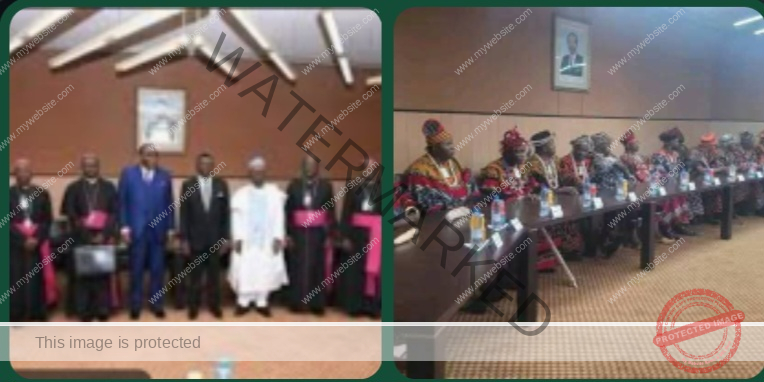
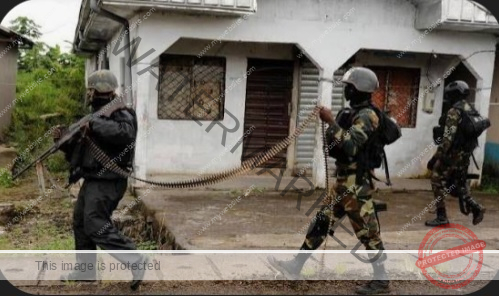
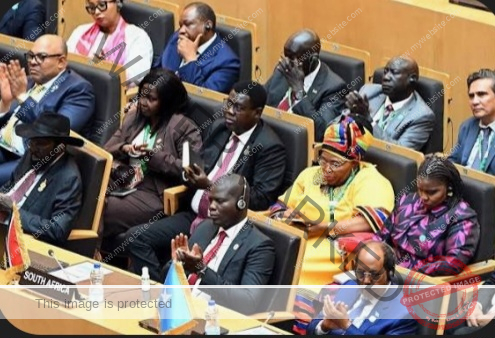
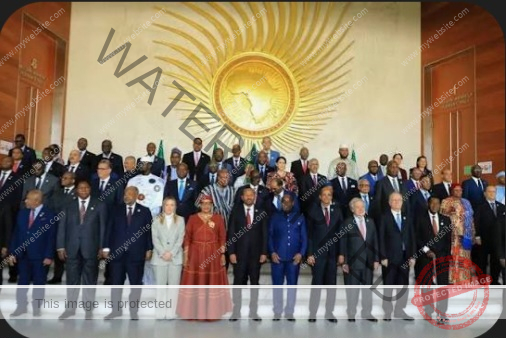
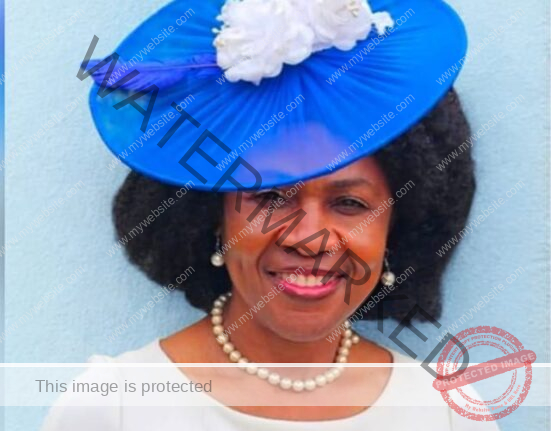
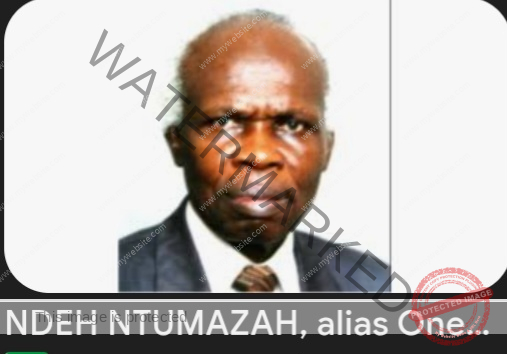
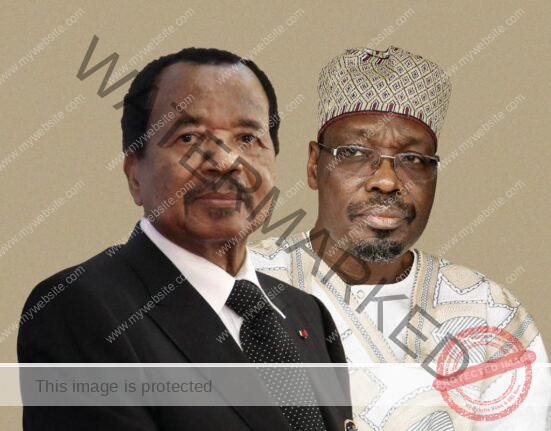

Leave feedback about this